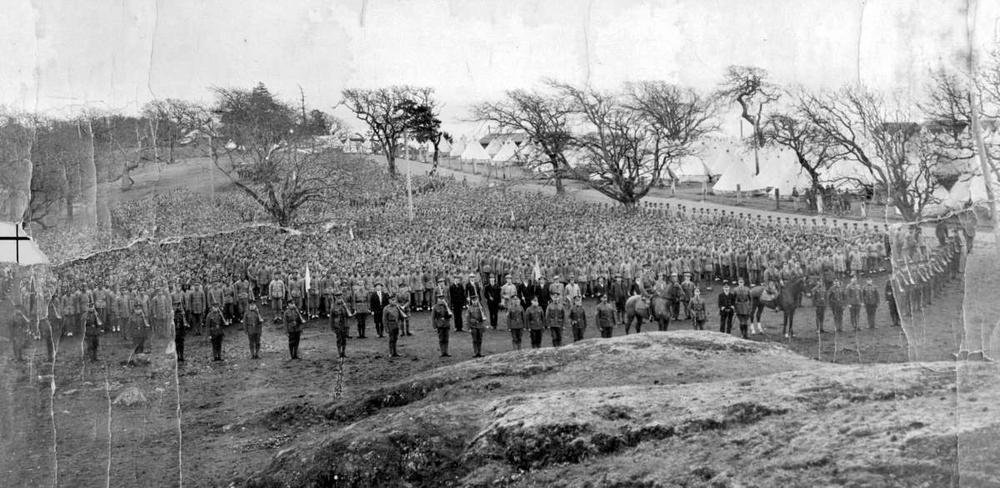By CHRISTINE HONG
1. Victors’ Justice?
In February 2014, upon completing a several-month investigation into “human rights in the Democratic People’s Republic of Korea [DPRK, or North Korea]” – an investigation initiated in the sixtieth anniversary year of the 1953 Korean War Armistice Agreement that halted combat but did not end the war – the three-member Commission of Inquiry (COI) established by the United Nations Human Rights Council (UNHRC) concluded that North Korea had committed crimes against humanity. Such “unspeakable atrocities,” in the framing account of Commission chair Michael Kirby, “reveal a totalitarian State [without] parallel in the contemporary world.”[1] Analogies to the “dark abyss” of North Korea, the Australian jurist maintained, could be found only in the brutality of the Third Reich, South African apartheid, and the Khmer Rouge regime.[2] Reproduced in news reports around the world, Kirby’s markedly ahistorical examples may have succeeded in inflaming global public opinion yet they failed to contextualize the issue of North Korean human rights in a way that might generate peaceful structural resolution. Indeed, insofar as the 372-page COI report singularly identified the North Korea government as the problem – both as “a remaining and shameful scourge that afflicts the world today,” in Kirby’s jingoistic phrase, and as the primary obstacle to peace in Korea – the Commission gave new life to the vision of regime change that has animated post-9/11 North Korean human rights campaigns. By recommending that North Korea and its high officials be brought up before the Hague-based International Criminal Court (ICC), it continued the hostilities of the unresolved Korean War “by means purporting to be judicial.”[3] The urgent question of a long-deferred peace relative to the Korean peninsula, which the Commission incoherently addressed, bedeviled its conclusions, rendering its findings partial, its recommendations in some instances uneasily one-sided, and its premise of impartiality suspect.[4] Moreover, that the COI proceedings and report aligned the United Nations with the United States, South Korea, Japan, and Great Britain while singling out North Korea and, to a far lesser degree, China, for blame performed an unsettling restaging of the Korean War on the agonistic terrain of human rights, suggesting an encrypted “victor’s justice” with regard to an unending war that up to now has had no clear winners.[5] Continue reading →
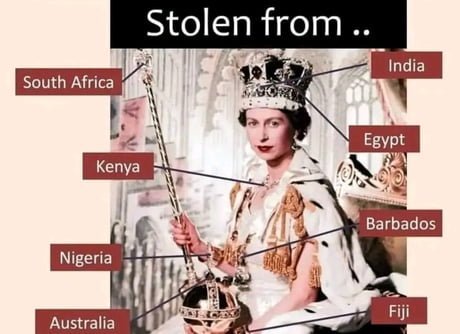




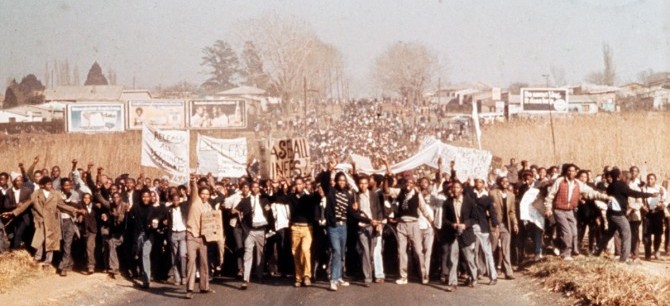

![Africa can still turn this situation around, reclaim its sovereign rights and take its rightful place on the world stage, writes Adam [Jonathan Ernst/Reuters]](https://www.aljazeera.com/wp-content/uploads/2018/03/e990ba060a734dd6ad21f58939db7d06_18.jpeg?resize=770%2C513)
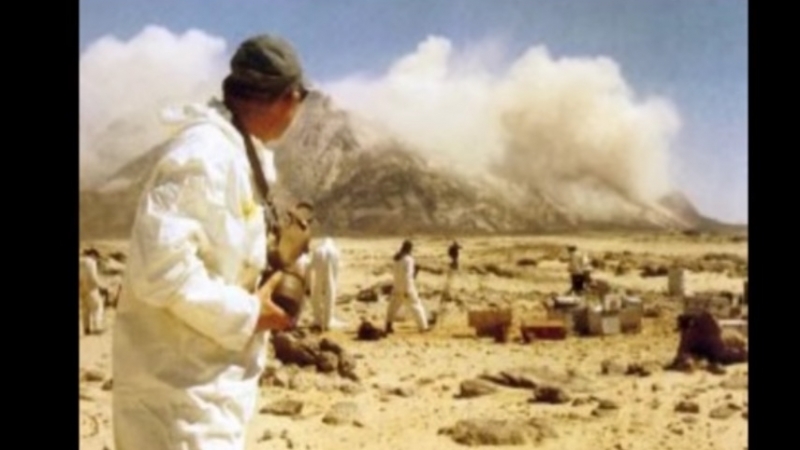
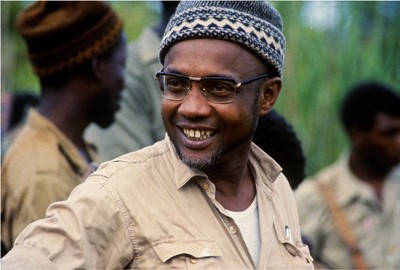


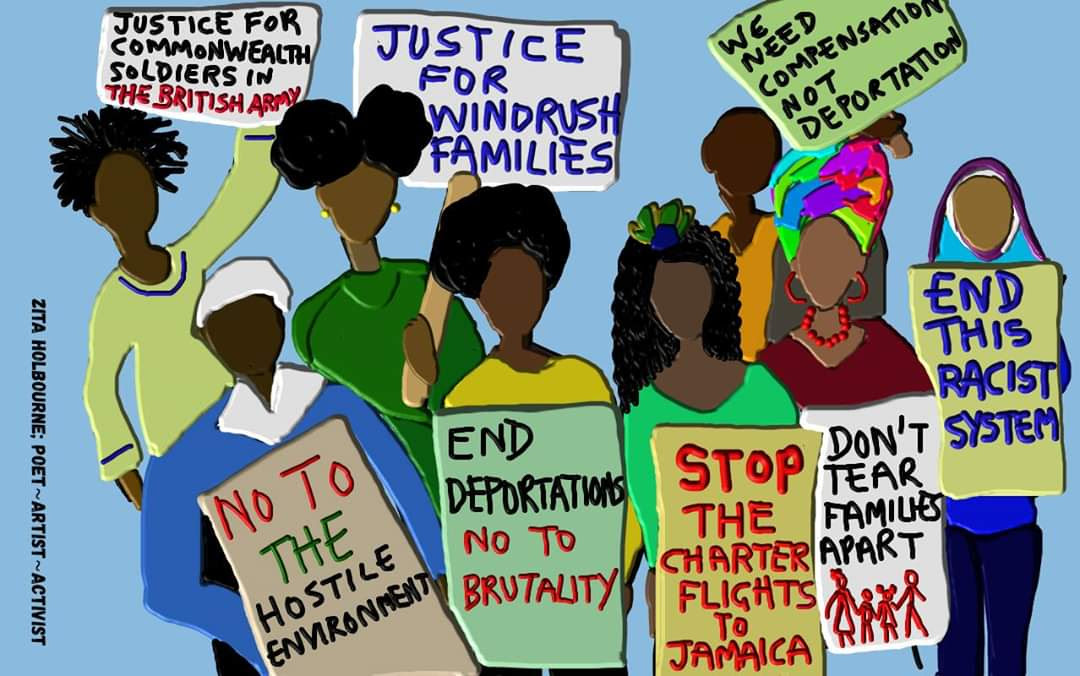
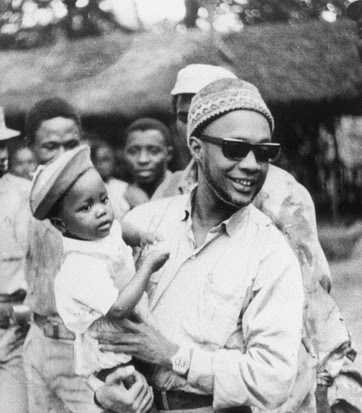
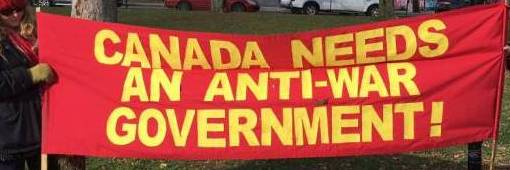
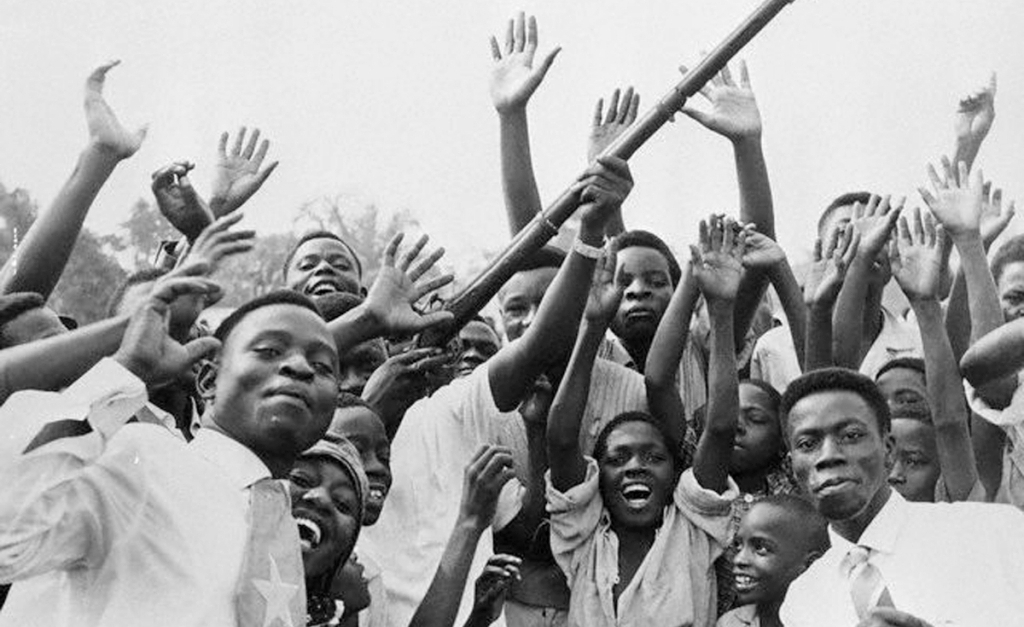
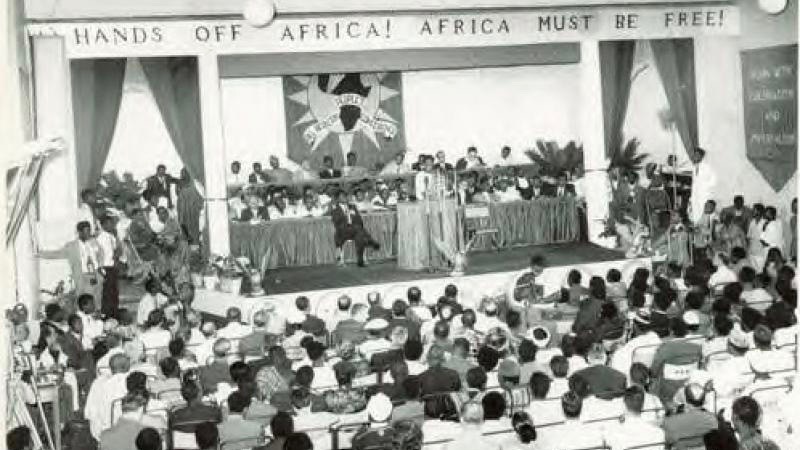
 The ‘War on Syria’ is far from being over, and it will continue until all foreign forces illegally present on Syrian soil retreat; either willingly, or defeated.
The ‘War on Syria’ is far from being over, and it will continue until all foreign forces illegally present on Syrian soil retreat; either willingly, or defeated. (London) – Since 1966, March 21 has been designated by the UN General Assembly as International Day for the Elimination of Racial Discrimination (IDERD). March 21 was chosen to commemorate the day in 1960 when police opened fire and killed 69 peaceful protestors demonstrating against the so-called “pass laws” imposed by the apartheid regime in South Africa. Those tragic events became known internationally thereafter as the Sharpeville massacre.
(London) – Since 1966, March 21 has been designated by the UN General Assembly as International Day for the Elimination of Racial Discrimination (IDERD). March 21 was chosen to commemorate the day in 1960 when police opened fire and killed 69 peaceful protestors demonstrating against the so-called “pass laws” imposed by the apartheid regime in South Africa. Those tragic events became known internationally thereafter as the Sharpeville massacre.

 Many news outlets documented that
Many news outlets documented that 

 U.S. MILITARY SAYS IT HAS A “LIGHT FOOTPRINT” IN AFRICA. THESE DOCUMENTS SHOW A VAST NETWORK OF BASES. | NICK TURSE
U.S. MILITARY SAYS IT HAS A “LIGHT FOOTPRINT” IN AFRICA. THESE DOCUMENTS SHOW A VAST NETWORK OF BASES. | NICK TURSE